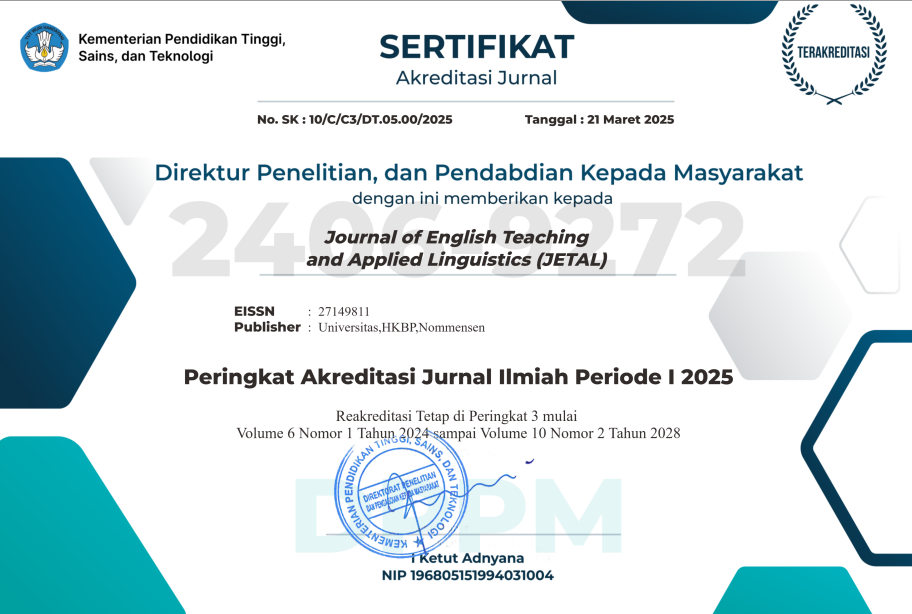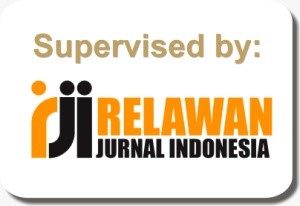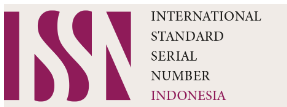HUMAN COURAGE AND DIGNITY IN ERNEST J. GAINS A LESSON BEFORE DYING
Abstract
This research is on human courage and dignity in Ernest J. Gainess novel, A Lesson Before Dying. People are able to face threat, pain, danger, or even death in order to maintain their right and dignity relying on courage.This is library research and applies mimetic criticism proposed by Abrams saying that a work of literature is the imitation of the real world. It depicts human being who struggles to maintain and get acknowledgement of their right and dignity to live in respect and worth.The analysis focused on how courage and dignity raise someone who is desperated into brave and thoughtful to face his death. He is desperated because of a false accusision of being a murderer, compared as a hog, and sentenced to death in electric chair. Comparing to a hog makes him lost his courage and self-esteem. He eliminates himself and does not want to speak with others. His godmother disagrees with it and asks a teacher to teach him that he is a human being and should die as a human being too. Then, he is taught by a teacher of moral and obligation to face his death courageously and show that he is a human being who has duty and responsibility. Finally, he is able to sacrifice his death as a symbol of his courage and dignity to himself, his family and community. It is found that the author Ernest J Gains through the novel has vividly portrayed human beings who have courage are able to maintain and get acknowledgement of their right and dignity although they have to face threat, pain, danger, or even death.
References
Aubert, Alvin. 1996. Contemporary Novelist : Ernest J. Gaines. London: St. James Press.
Bauer, Marilyn. 2000. The Cincinaly Enquier. Author believes That Blacks and Whites people are more alike than diffrent (www.google.com).
Daveau, Anne. 2003. The Chelsea Forum. Ernest J. Gaines. The Chelsea Forum.
Davidson, James West. 1996. Nation of Nations. A Conscience Narrative of The American Republic. Vol 2. New York: Mc Grow-Hill.
Emerson, Ralph Waldo. 1841. Essay VIII Heroism (www.google.com).
Gaudet, Marcia. 1999. Gainess Narrative Style: Narrative style and storytelling Techneque. Lousiana: Lousiana Division of Art.
Gruner, B.R. 1991. Author in The News. Vol 1 : The Black American Short Story in The Twentieth Century : A Collection of Critical Essays. Amsterdam: Gale Research.
Handlin, Fimley. 1980. Ancient Slavery and Modren Ideology. New York: Viking Press.
Harianto, Rudi. 1998. Tempo Interaktif. Medan.
Harold, Xevier. 1990. Dignity in Human Action. Singapore: Swear Publisher.
Jhonson, William H. 2000. USA Today Award: Harlem Rainaissence (www.google.com).
Ken, Ringle. 1993. The Washington Post. A Southern Road to Freedom. Lousiana (www.google.com)
Lestari, Asi. Mandiri. Tarutung. November, 2008.
Pace, Pattle. 2002. The Lewis and Dark chronicle. Ernest J. Gaines speaks on Campus USA (www.google.com).
Payton, Christina. 2004. Public Relation and Service. Gaines Nominated for nobel Prize. Lafayette. Lousiana (www.google.com).
Rachel, Loudiero. 2007. Review of A Lesson Before Dying (www.google.com).
Rana, Frederick. 2002. Racism and Prejudice (www.goolge.com).
Rijal, Yudhy. 2007. The Jakarta Post. Bandung.
Sacramento, Willy. 2000. The Summary of A Lesson before Dying (www.google.com).
Schuman, Vien. 2003. How to get Dignity. London: Longman.
Tillich, Paul. 2000. Humans courage (www.google.com).
Tyler, Richard. 1981. Understanding the Element of Literature. New York: American Book Company.
Wriston, Henry. 1960. Humans Dignity, Right and Principles (www.google.com).
Authors retain copyright and grant the journal right of first publication with the work simultaneously licensed under a Creative Commons Attribution-ShareAlike 4.0 International License (CC BY-SA 4.0) that allows others to share the work with an acknowledgment of the work's authorship and initial publication in this journal.
Authors are able to enter into separate, additional contractual arrangements for the non-exclusive distribution of the journal's published version of the work (e.g., post it to an institutional repository or publish it in a book), with an acknowledgment of its initial publication in this journal.
Authors are permitted and encouraged to post their work online (e.g., in institutional repositories or on their website) prior to and during the submission process, as it can lead to productive exchanges, as well as earlier and greater citation of published work (See The Effect of Open Access).






